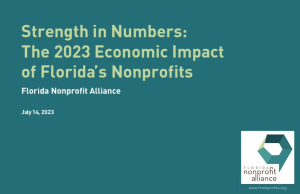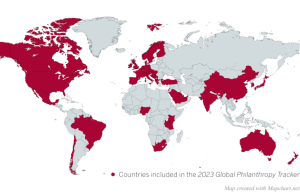More leaders at nonprofits with 403(b) retirement plans are prioritizing retirement income options in 2022, with the number of plan sponsors citing guaranteed income as a top priority more than doubling since last year, according to a recent survey.
A new Plan Sponsor Council of America (PSCA) survey, sponsored by Principal Financial Group, included responses from 139 nonprofits in October.
Top priorities for plan sponsors had shifted in a few key areas since surveys before the pandemic. There has been an increase in focus on retirement income solutions in plan design, as well as a jump in prioritizing financial wellness tools – just more than 12.3% of surveyed organizations did so this year, versus 8.5% in the prior survey.
“Though increasing plan participation and ensuring plan compliance are always top of mind for plan sponsors, we are seeing a shift in other plan priorities as organizations increasingly look to provide tools and support that will increase the long-term financial security of employees,” Hattie Greenan, director of research and communications at PSCA, said via a statement.
Three out of five of organizations cited maintaining current plans as they are now as the primary objective for their 403(b) plan in 2022. This was followed by the objective of using the plan to retain employees, and part of retaining employees is an employer matching contribution. The vast majority of organizations (89.1%) have not made changes to employer contributions. Only 1.4% of plans indicated that contributions are still suspended with no plans to restore them.
“The resilience of nonprofit 403(b) plan providers in light of what they have been experiencing over the past two years has been impressive,” said Kevin Morris, vice president and chief marketing officer, retirement and income solutions at Principal. “The increased focus on retirement income options and financial literacy is a positive sign toward improving overall financial security for employees in 2022 and beyond,” he said via a statement.
Nearly a quarter (23.3%) of plan sponsors noted an increase in online education since last year and 18% indicated an increase in webinars. “The shift in employee education methods to virtual options due to the pandemic appears here to stay,” said Morris.
Almost half (46%) of sponsors said they will engage a financial professional to support employee education efforts in 2022. Large organizations (72.7%) were much more likely to have adjusted education methods compared with smaller organizations (10.4%).
To view or download the full report, click here.











